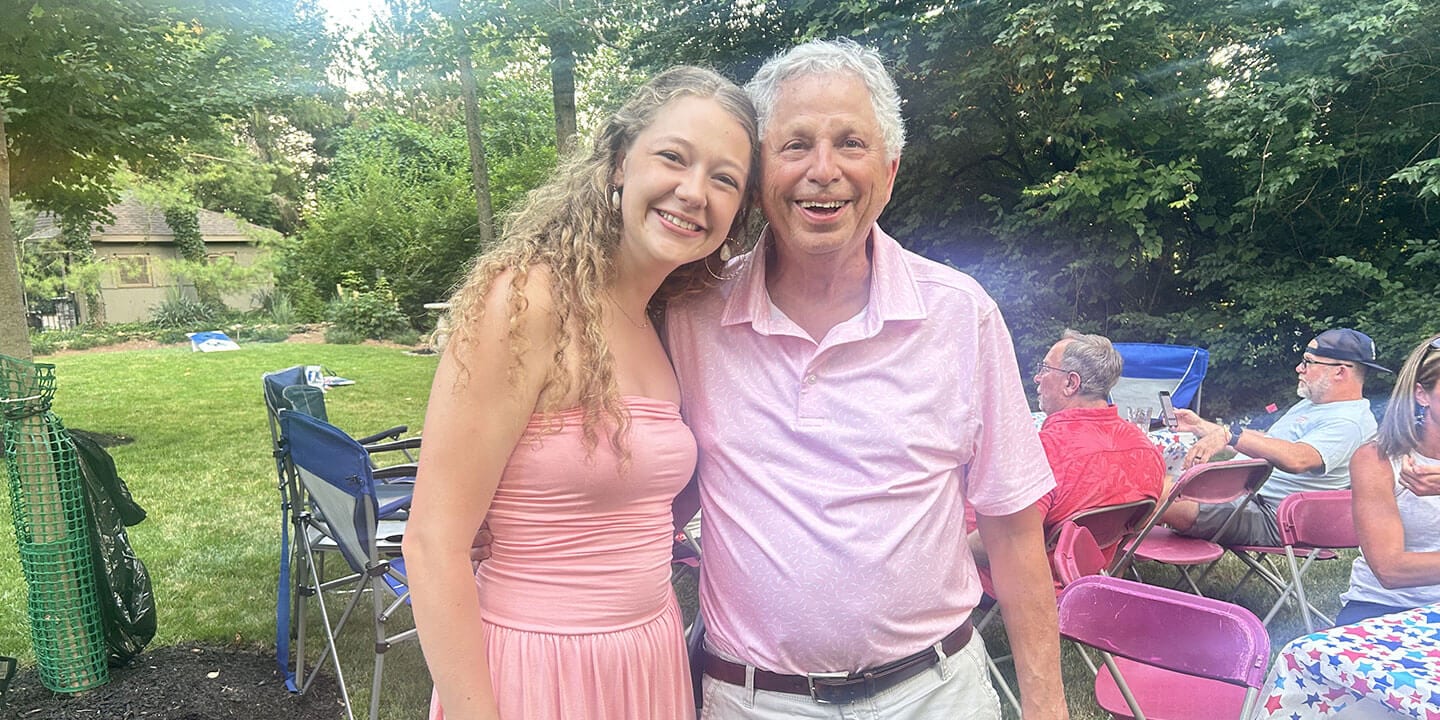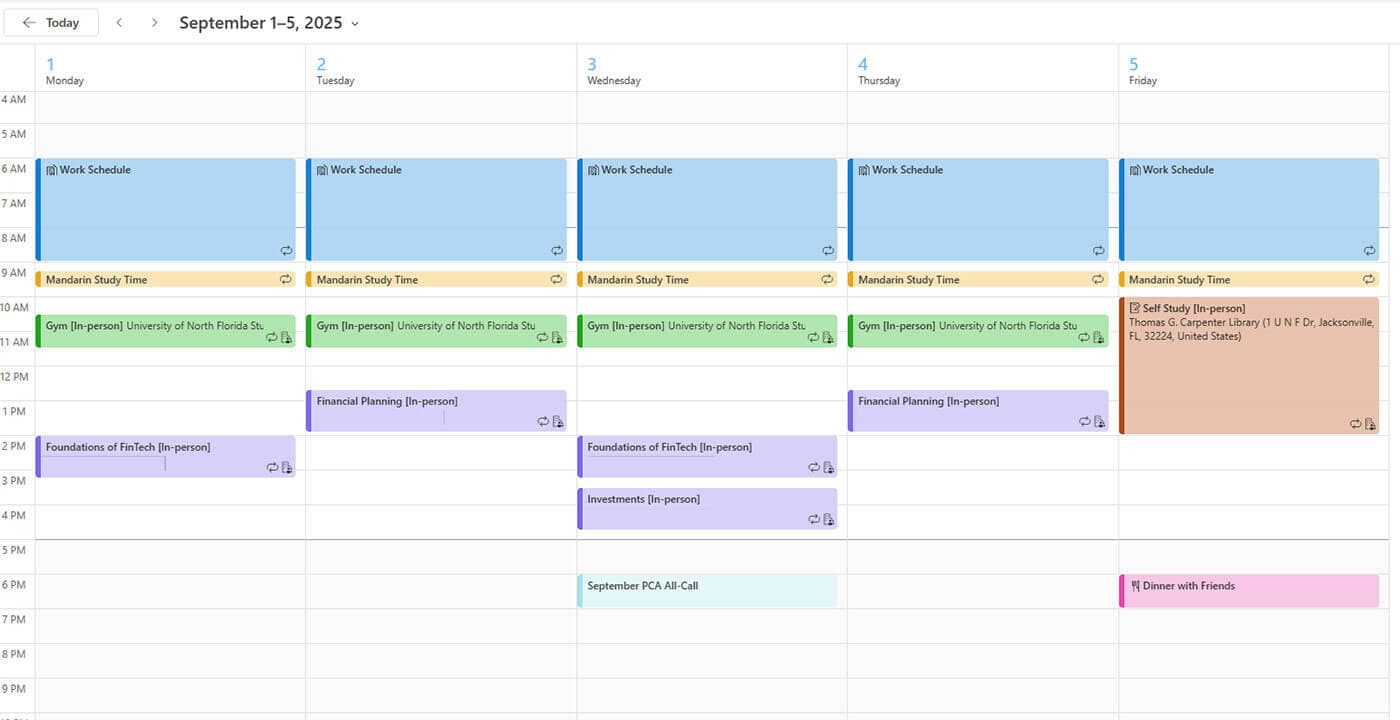
How I Made Friends as a Commuter Student — And You Can Too
As a commuter student, I expected college to be all about academics with little to no social life. Living off campus, without a dorm community, and then driving home after my last class made it challenging to feel connected.
While others stayed for club meetings or late-night events, I often felt like an outsider. During my first semester, I wondered if I’d ever find a group of friends or feel a sense of belonging on campus.
However, things changed once I decided to be more intentional about getting involved, even though I wasn’t living on campus.
Attend Office Hours
One of the first things I did was start attending office hours, not just to seek help, but also to build relationships with my professors. Those small conversations grew into mentorships and even led to opportunities to participate in department events.
Form a Study Group
I also made a point to talk to classmates before and after lectures. Eventually, I formed a study group with a few peers, and we began meeting weekly at a nearby café. That group became my first real college community of the year.
Participate in Campus Events
I also got involved in campus organizations that accommodated commuter schedules, such as a leadership program that met during lunch hours. This offered me a chance to contribute, build skills, and make friends without needing to stay on campus late. I started attending daytime events, study sessions, and workshops, even though it felt a little awkward at first.
In Good Company
What surprised me most was discovering how many students were in the same situation. Other commuters, part-time students, and those working jobs also struggled to find time to connect. Once I started reaching out, I found that I wasn’t alone.
Being a commuter doesn’t mean missing out on the college experience; it just requires a different approach. Show up when you can. Start conversations. Join one activity. Small steps can lead to big connections. Now, I feel more connected to my campus than I ever thought possible.
Do you have a compelling story or student success tips you’d like to see published on the Pearson Students blog? If you are a college student and interested in writing for us – click here to pitch your idea and get started!







